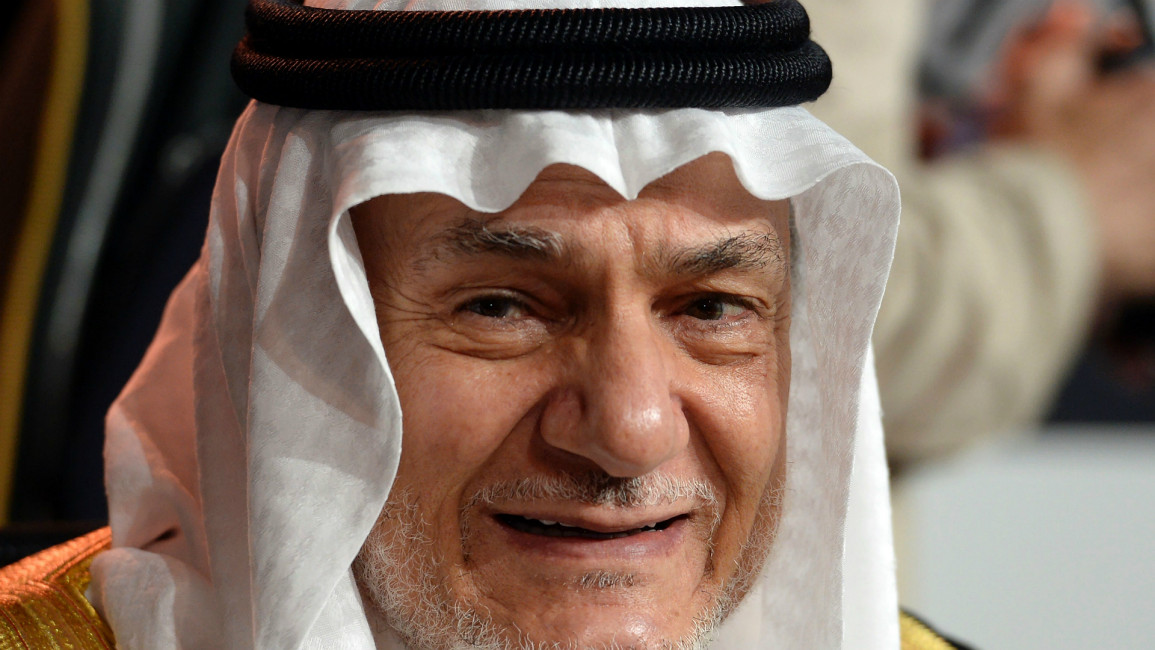Saudi prince says Trump's Jerusalem move threatens stability
Prince Turki al-Faisal dismissed reports of Riyadh supposedly being consulted prior to the move on Tuesday.
"It is a very bad decision. The consequences will be more bloodshed, more conflict rather than peaceful resolution," Prince Turki, a senior royal family member and a former ambassador to Washington, told Reuters in an interview in Riyadh.
US president Donald Trump broke with decades of US policy earlier this month by recognising Jerusalem as Israel's capital and declaring he would move the country's embassy from Tel Aviv to the contested city.
Palestinians are increasingly wary of what has been seen as a weak Saudi response. Despite Saudi King Salman warning US President Donald Trump against the controversial move, the domestic response has been muted, and appear to be attempting to limit Israeli criticism in Saudi media.
Prince Turki denied reports of prior consultation. "The reaction here was total surprise," said Prince Turki, who now holds no government office but remains influential.
"If there has been prior consultation or anything like that, why would the King go through the process of telling him (Trump) this is a bad idea and make that known publicly?"
Saudi Arabia failed to send a high level representative to the emergency Islamic Conference Organisation summit in Istanbul last week.
Iranian President Hassan Rouhani, Jordanian King Abdullah II and Lebanese President Michel Aoun were among the heads of state present, as well as the emirs of Qatar and Kuwait and presidents of Afghanistan and Indonesia.
The conference, despite being hailed by Erdogan as a "world vote of unity" was mired by lower-level attendance of US allies, with the level of Saudi representation at a senior foreign ministry official.
Riyadh has reportedly forbidden peaceful protests in support of the Palestinians or stands of solidarity.
Sources have claimed that Riyadh has ordered media outlets not to focus "too much attention" on Washington's controversial decision.
The Saudi royal court sent a "severe warning" to bosses of newspapers, television and radio stations about the issue which has sparked protests across the Arab world, sources told The New Arab.
Saudi Arabia and Israel do not have official relations but various reports have recently emerged of co-operation between the two countries, who share a common foe in Iran.



